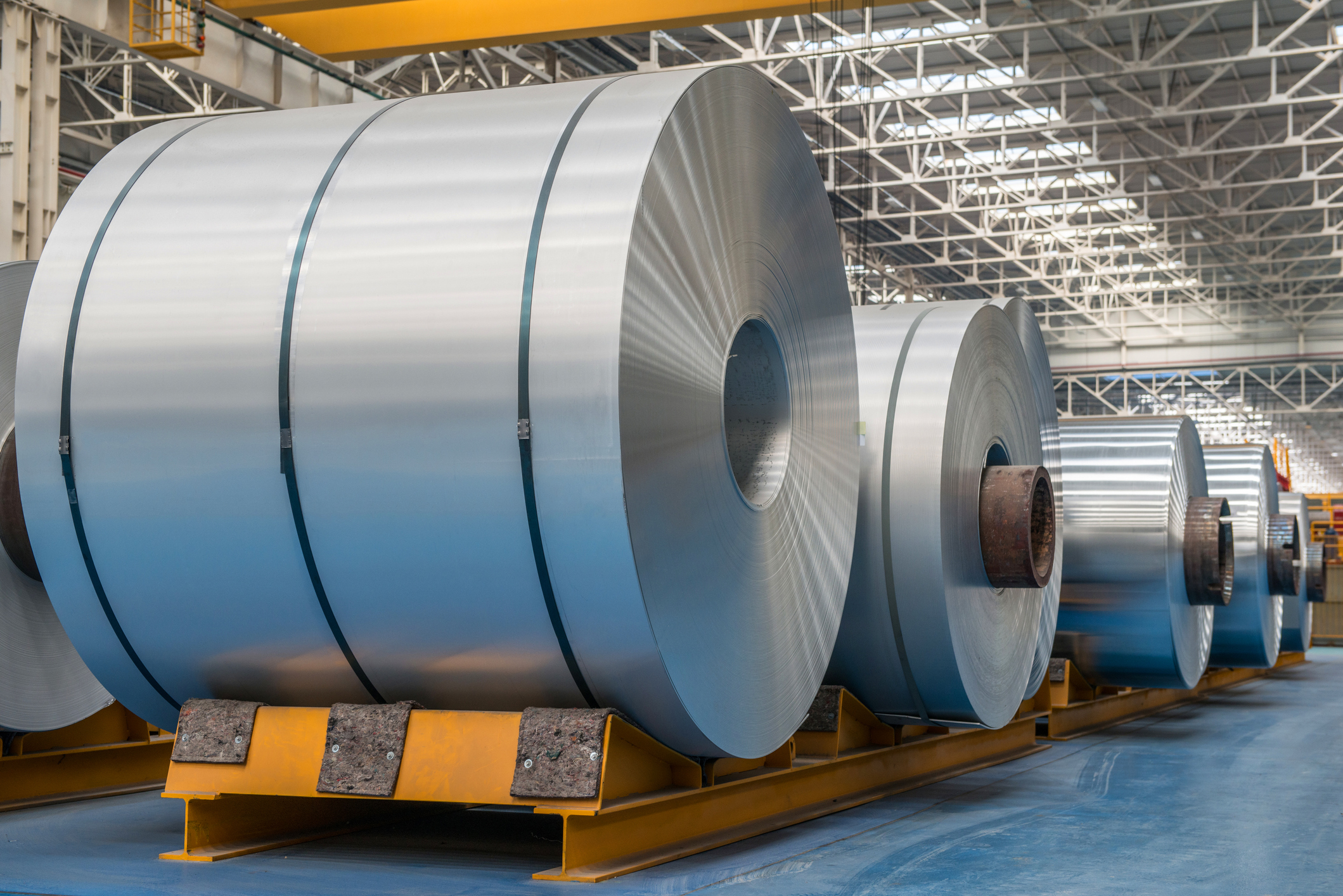AISI: U.S. Steel Imports Rise in May

According to the latest figures released by the American Iron and Steel Institute (AISI), the U.S. saw a noticeable uptick in steel import activity in May 2025. Based on data from the Department of Commerce’s Steel Import Monitoring and Analysis (SIMA) system, steel import permit applications for the month totaled 2,377,000 net tons (NT). This marks a 4.9% increase from April and a 14.5% jump compared to April’s final import numbers.
Finished steel imports also recorded an increase. According to AISI, May saw an estimated 1,746,000 NT in finished steel import permits, representing an 8.4% rise from April’s final tally of 1,611,000 NT. The finished steel import market share was estimated at 20% in May and 21% year-to-date (YTD).
In total, from January through May 2025, the U.S. imported 12,267,000 NT of steel and 9,113,000 NT of finished steel. These figures represent a 7.0% and 8.7% decrease, respectively, compared to the same period in 2024.
Notable Increases in Product Categories
According to the AISI report, several steel product categories saw substantial increases in import permit volumes in May versus April’s final imports. These include:
Plates in coils: up 50%
Hot rolled sheets: up 44%
Sheets and strips with other metallic coatings: up 38%
Blooms, billets and slabs: up 36%
Reinforcing bars: up 24%
Year-to-date, notable increases were reported in:
Tin plate: up 77%
Stainless pipe and tube: up 62%
Line pipe: up 35%
Oil country tubular goods (OCTG): up 13%
Wire rods: up 11%
Leading Countries of Origin
Based on SIMA data, the largest sources of steel import permits in May were:
Canada: 382,000 NT (down 12% from April)
Brazil: 346,000 NT (up 16%)
Mexico: 276,000 NT (up 77%)
South Korea: 266,000 NT (up 44%)
Germany: 112,000 NT (down 7%)
For the first five months of 2025, the top suppliers of steel to the U.S. included:
Canada: 2,439,000 NT (down 17%)
Brazil: 2,106,000 NT (down 5%)
Mexico: 1,572,000 NT (down 10%)
According to industry analysts, the overall decline in year-to-date imports reflects persistent supply chain recalibrations, slowing construction demand in certain regions, and evolving global trade dynamics. However, the increase in May signals possible seasonal fluctuations and short-term inventory restocking.
As the U.S. continues to monitor steel trade and domestic production capacity, these figures will play a vital role in informing future trade policy and industry investment.
Source: AISI






